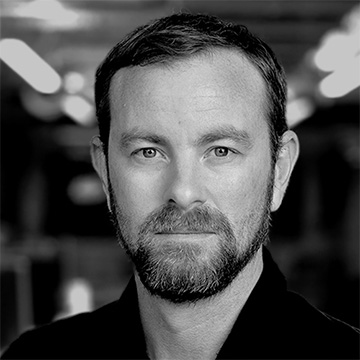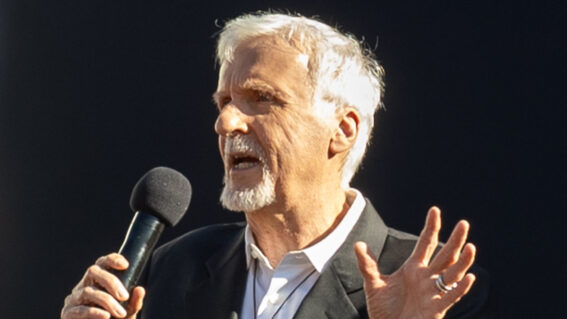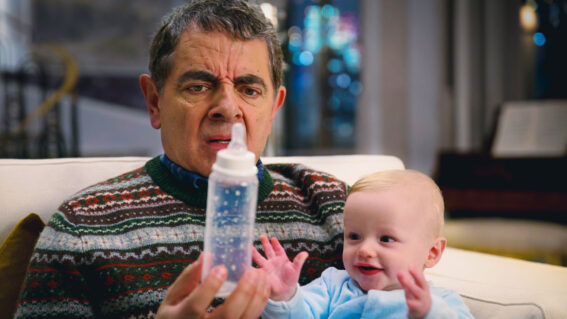Alien: Earth is a kick-ass combo of big ideas and gnarly spectacle
The Alien franchise crashes into TV with smart sci-fi, savage scares, and a freakin’ gnarly eyeball monster.
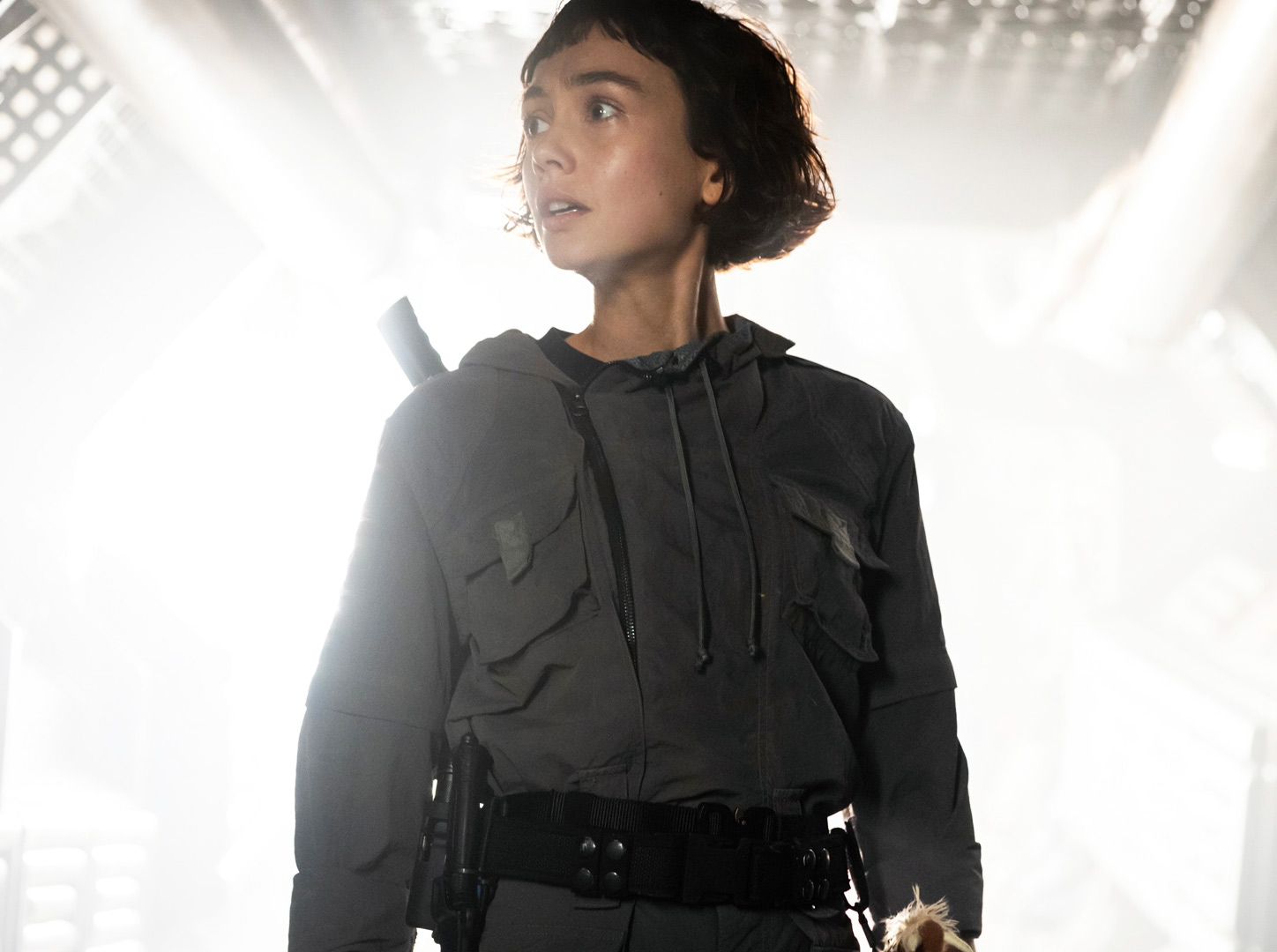
New installments in the Alien franchise can be dispiritingly repetitive, like a bad case of déjà vu. The recent Alien: Romulus is a jukebox of tropes and conventions: a xenomorph here, a dimly lit corridor there, some splatters of body fluid both human and extraterrestrial. But they can also be big-thinking and imaginative, extending the lore of this universe and attempting something different—the most striking example being Ridley Scott’s intensely ruminative (and under-rated) Prometheus.
The franchise’s first television series—from Fargo creator Noah Hawley—belongs, I’m pleased to say, to the latter camp. Fans will be satisfied by gnarly spectacle, but there’s also a constant feeling of greater elements at play; a sense the show has big things on its mind. It’s ambitious in scale, narratively and locationally, and has a knack for building visually interesting settings that beckon to be explored, like environments in video games.
The first, hour-long episode flies by, and for the most part the pace stays nice and taut across the next five episodes (I’ve seen six so far—all that were made available to the media). In it introductory moments, the camera tumbles through space before entering the aforementioned ship, the Maginot, as the crew wake up and emerge from their pods. The captain notes that log files have been corrupted, and they’ve been “burning too much fuel,” which sounds like narratively important information, but in hindsight feels like a bit of a decoy: before long the vessel has tanked and everybody on board is dead. Not necessarily from the crash.
The ship, as per the Alien tradition, had a rather unwanted passenger: a xenomorph, busying itself with xenomorph-like things i.e. checking the stock market, reading the periodicals, doomscrolling through social media. One significant plot thread follows a terminally ill girl transformed by a mega corporation, Prodigy, into a “synthetic”—essentially meaning she’s a robot uploaded with human consciousness: not quite a person, not entirely a machine. She renames herself Wendy (and is played by Sydney Chandler), in reference to the story of Peter Pan. She leads a group of “Lost Boys” who’ve experienced similar transformations.
Through this thread we can feel Alien: Earth entering a Cronenberg-adjacent space—into the realm of a “new flesh,” as it were, whereby human biology as we currently know it is just one position on a wide spectrum. In the Alien universe, humans tend to be outflanked physically and intellectually, sometimes spectacularly so. We may have emotional intelligence that surpassses the cyborgs and aliens, and this might be exquisite enough to justify the existence of humans in the cosmic scheme of things, but doesn’t mean much when you’re staring into a xenomorph’s second set of salivating teeth.
Maybe, in this context, it’s an instinctual response for humans to future-proof via augmentation, even if the show doesn’t quite discuss it in these terms. There’s no neat, polished line articulating a precise motivation to pursue transhumanism and the like, only the steady march forward of technological progress. The CEO of Prodigy, Boy Kavalier, is well written, and well played by Samuel Blenkin, as a brattish creation who wants to become his own god, answers to nobody, and is, despite obviously unsettling characteristics, ambiguous morally and narratively. He might evolve into the equivalent of a Bond villain, or he might be the person who ends all human sickness, or both.
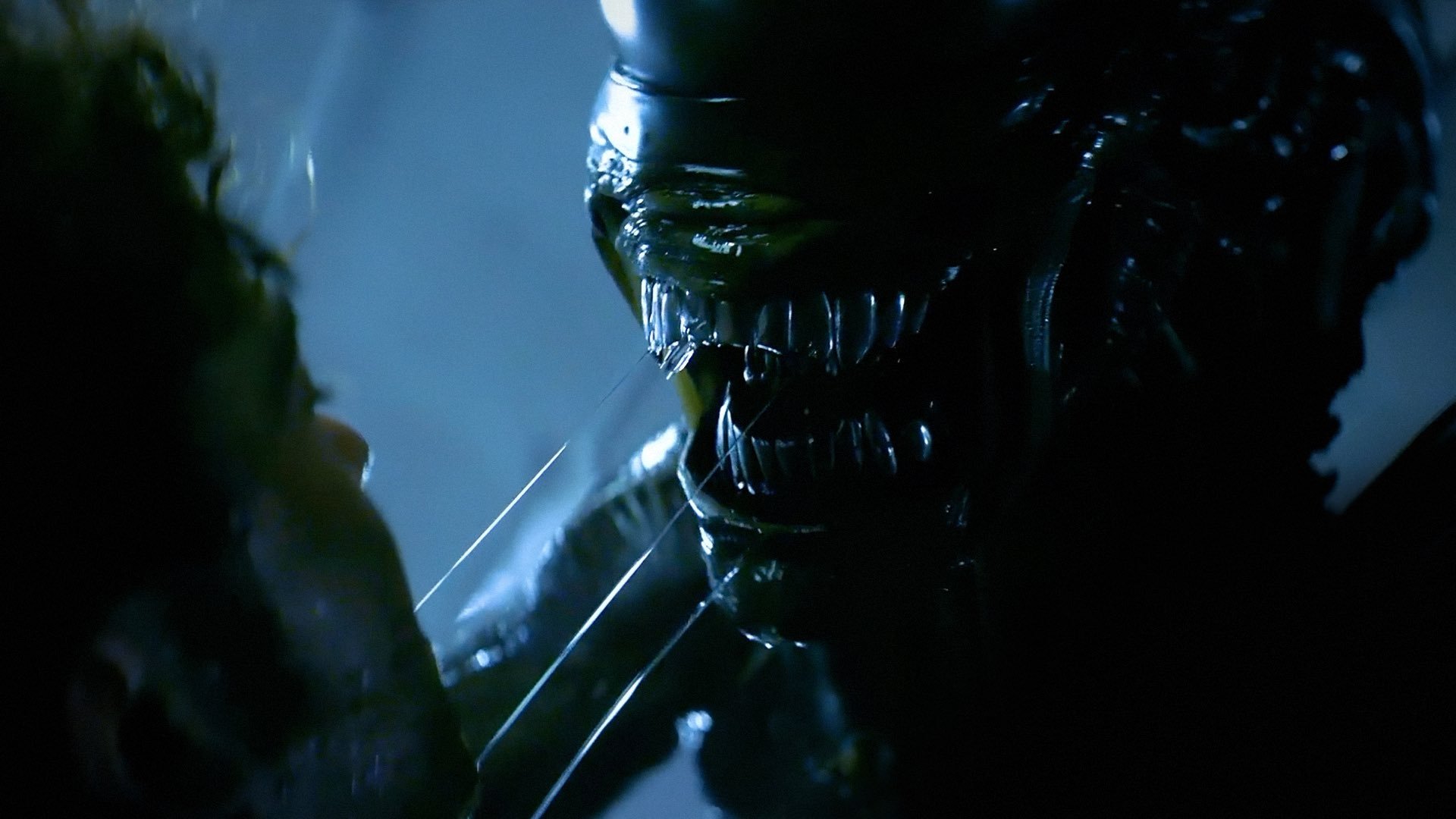
In the fourth episode, we hear him ask: “when is a machine not a machine?” The same question could be asked of a human; in this world, such distinctions seem to be purposefully muddied. Alien: Earth arrives at a point in human history synonymous with great change that’s not quite here—the AI and robot revolutions for instance are still on the horizon, chomping on the edges of reality, not retreating from view but not yelling “here’s Johnny!” either.
This show is based further down the line, with homo sapiens on the brink of transhumanism. Perhaps this era is also synonymous with great change just about to hit. I thought about this more and more as the season progressed: perhaps every age, from now on, will have that frightening, thrilling whiff of unprecedented, accelerated change, and perhaps this will occur until the end of time, or the end of the world, or some cataclysmic event, or events…
I contemplated this when I wasn’t thinking: man, this is gnarly. And holy hell, that eyeball creature is a real doozie. Here I’m referring to “Species 64,” a hideous parasitic thing that takes over the bodies of other creatures by launching itself into their eye sockets. Big, heavy, ruminative thoughts one moment; hands over your eyes the next. This is a fine addition to Alien franchise.










